What I learnt from 6 years of school in Missouri (aside from coursework)
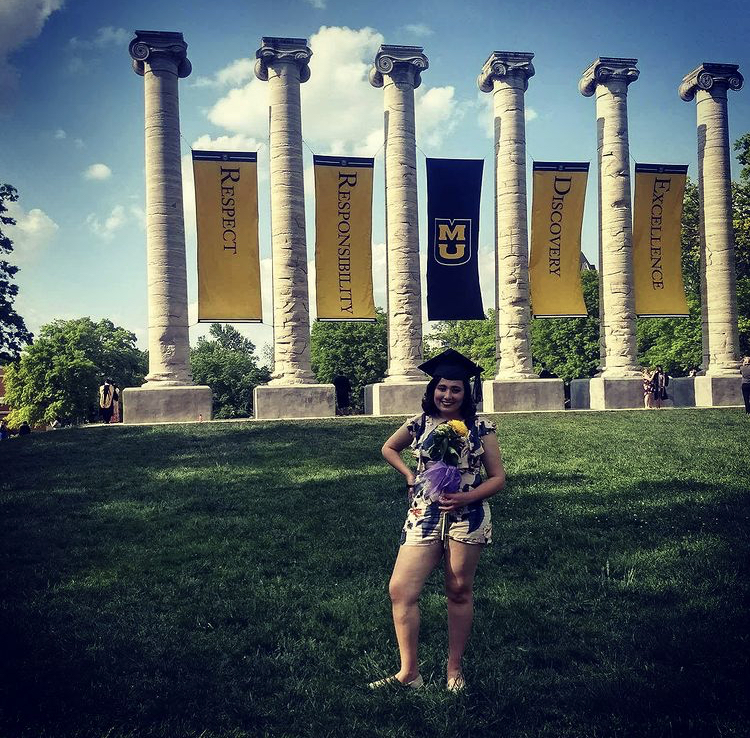
I arrived in middle-of-no-where Missouri for my undergraduate degree in 2012. This was my first time in the US. I had no idea what to expect from the experience. I am glad it turned out to be pleasantly surprising in most aspects, if not all.
Here a few things I learned from my years in Missouri, aside from the obvious school work and stuff 📚🤓🙅🏻♀️ lol
-
Big Names doesn’t necessarily imply better education and/or opportunity
Although it can’t be denied that a degree from say, an Ivy League, looks better on paper(read resume) and may lead to better networking opportunities; which could in turn lead to better job opportunities, but in the long haul there is not much difference when it comes to quality of education.
So many people spend exorbitant amount of tuition money to attend big(read popular) schools only to get the same information that is taught at smaller(read less popular, more reasonably priced) schools. Neal Brennan has a very good set on this in his Netflix special 3 Mics (3:40 onwards). When I interned at Girls Who Code in 2016, I was surrounded by such people and experienced imposter syndrome during the teacher training weekend. I later discovered that all of us were more or less equally talented and equipped to do the job.
So many of my peers from the same middle-of-no-where liberal arts school in Missouri also went on to achieve great opportunities and accolades in the ‘real world’.
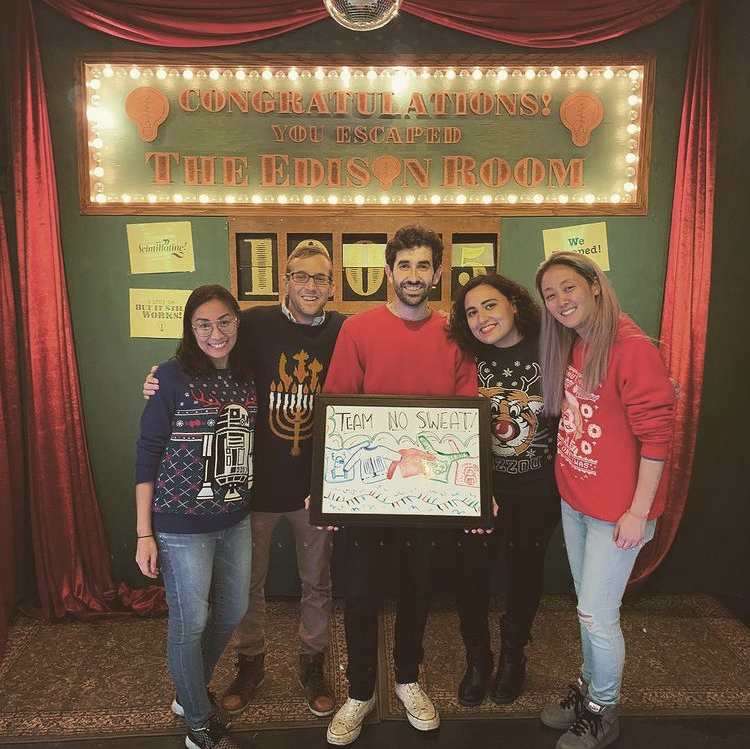
Above is a picture of 5 people, 2 out of which went to a small school in Missouri(one of them being me), while 3 went to NYU, MIT, and Harvard, yet they all worked in the same office, for the same company, and managed to solve a difficult escape room together.
-
Independence and being-on-your-own are superpowers
Being an international student one has to learn to be alone. Especially during long weekends and American holidays when the campus/town feels emptier than usual. I learned the title phrase for this point from my friend Amina from Mizzou. Amina and I shared an office in the math department at Mizzou. She is an Iranian mathematician who hasn’t been to her home country for 12 YEARS!!!! (due to visa constraints)
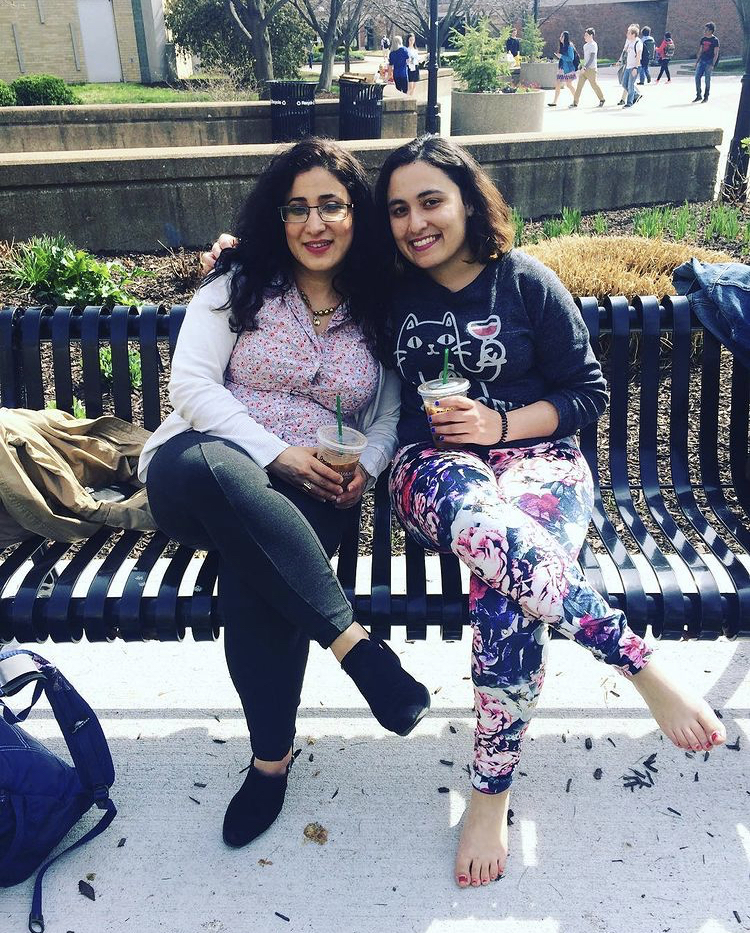
We spent a lot of time together and she was inspiration for me in terms of things like how to confidently dine alone in a cafeteria, spend hours concentrating on your work and investing in yourself at the library alone, going to the mall to treat yourself alone etc.
Learning to embrace solitude is how I learned to be a real adult, which looked very different from the very coddled only child that I was until high school. Some of my best works ranging anywhere from research papers to cooking experiments to guitar covers to paintings all came out of solitude.
-
Diverse environments can change your worldview
Prior to moving to Missouri I only had Indian friends who all thought in a similar one dimensional way based on how our culture raised us. Upon arriving at Truman State, I quickly discovered that there are no options other than mingling with non-Indians, be it international students from other countries or Missourians/Americans, as there were little to no Indian students at Truman. Initially this was something out of my comfort zone but it soon became the new norm, to a point where being pushed towards living in a densely Indian populated neighborhoods later in life became the new ‘discomfort zone’. Once you’re exposed to a way of living wherein your identity is not reduced to your ethnicity/nationality, it can be very difficult to revert back to the Indian you once were. This could have been totally different had I started with Mizzou where I ended up later for grad school where there was a high population of Indian students and an Indian student association.
As much as I would have appreciated support in the form of other Indians during my freshman year I also feel extremely indebted towards Truman’s unique experience that taught me how to peak out of my little shell and learn about different cultures and introduce others to my culture. And when I say diversity I don’t just mean race, I am also referring to people who reflect a diversity of experience, identity and perspective
I feel there are so many useful and interesting things as small as music, artists, shows, and cuisines to as big as life ideologies, religion, dating/marriage, gender and sexuality, and other thought patterns/perspectives, that I would have not been exposed to had I stayed in an Indian bubble at a bigger university. I am glad that I got to meet people from all different walks of life and learn something different from each of them, and also be to draw similarities despite our usual differences.
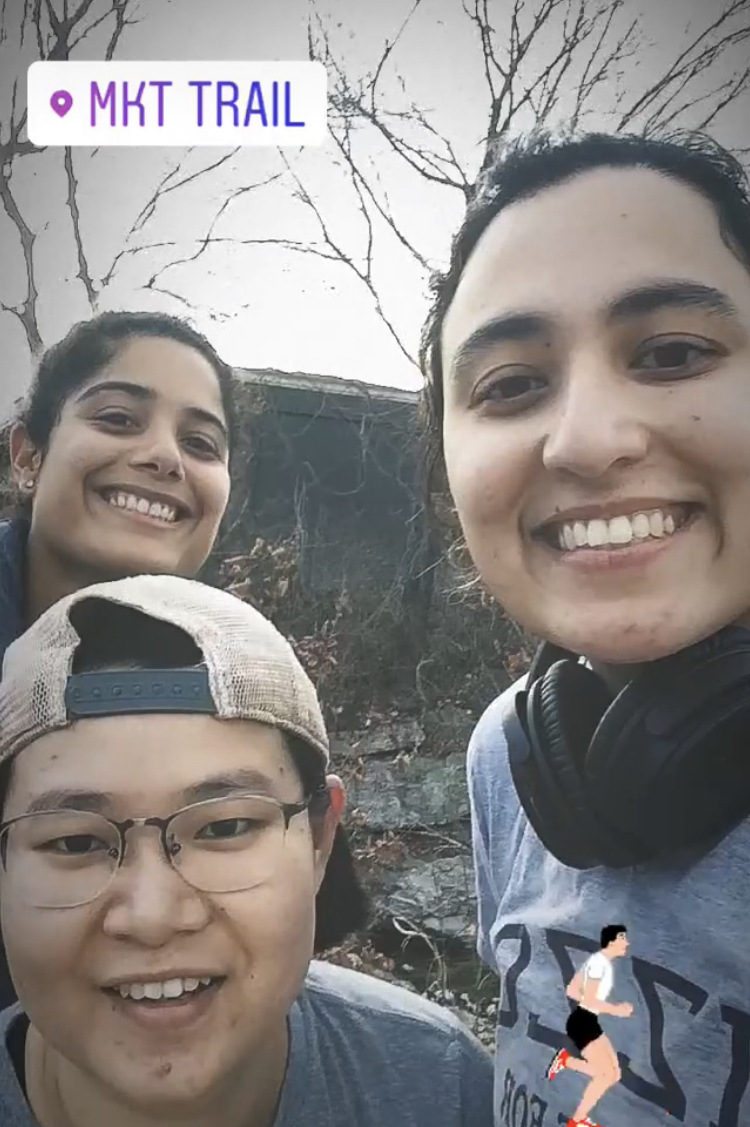
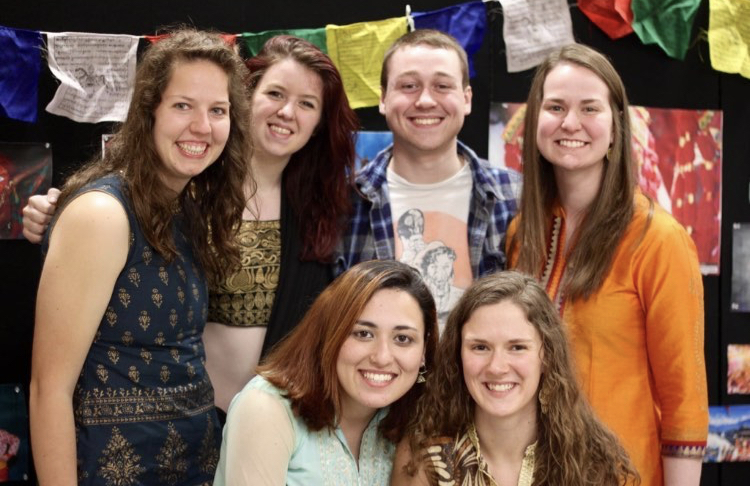
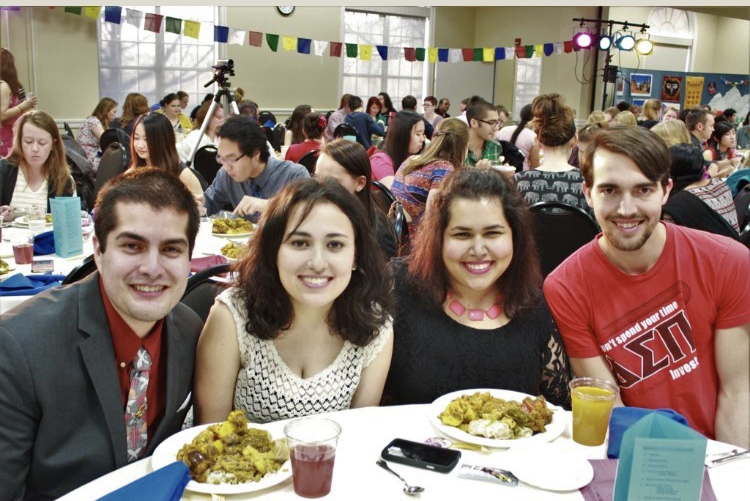
These people and experiences helped me become the person I am today and I couldn’t be more thankful.
-
College is not the ‘best 4 years of your life’
It is a very popular saying when it comes to college that these are going to be the best 4 years of your life. They are not. They may however end up being the most formative years of your life, but not always the ‘best’. This is because you go throw a lot of changes in your undergraduate degree. I switched majors, went through my first heartbreak/rejection(romantic), went into therapy for the first time, and realized I am not as special as I used to think I am, all in those first 4 years. Those years changed my thought process, ideologies, and broadened my horizons in many ways. When we say best the usual connotation is that it’s all fun and no struggle and that’s a straight-up lie that me and my friends experienced.
The best years of my life by that definition were actually during my first 2 years working as data analyst in the Bay Area. Having money and not being a broke college student on a meagre stipend felt really good and felt like being a real adult. There were challenges but I would mark those to be as the best years of my life and not my undergraduate, which is assumed to be the case.